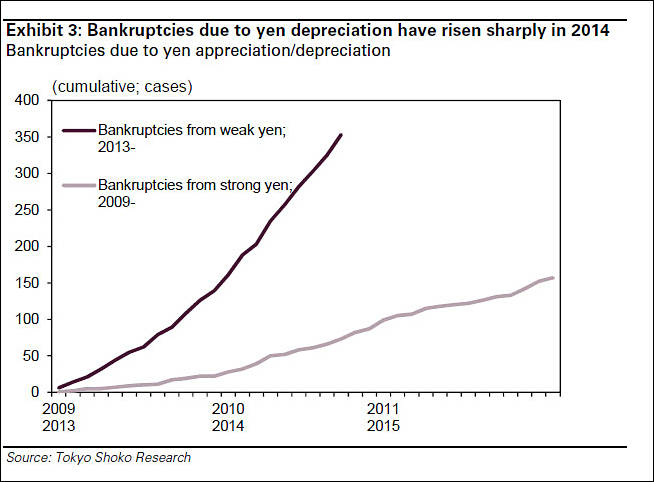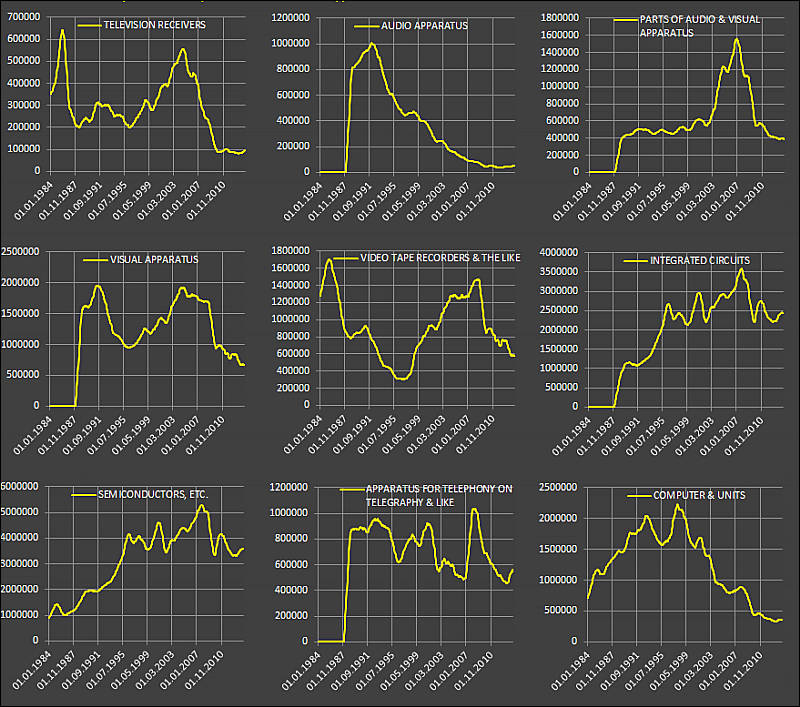
-
Japan posted its biggest October trade deficit on record, mainly because of soaring costs for imported fuel in the wake of the nuclear industry’s shutdown.
The shortfall of 1.09 trillion yen ($10.9 billion) extended a record run of deficits to 16 months, and was larger than all 28 forecasts in a Bloomberg News survey, a finance ministry report showed today in Tokyo. Imports climbed 26.1 percent from a year earlier
Fossil fuels contributed to nearly half of the gain in imports, with the value of petroleum shipments to Japan soaring 67.8 percent from the previous year, and liquefied natural gas rising 39.4 percent. The large gain in October this year may partly reflect depressed imports a year earlier following a tax change for some fossil-fuel imports.
-
The Government Pension Investment Fund is the largest such fund in the world, managing 130 trillion yen ($1.27 trillion) in assets. In 2014, GPIF raised its target weighting of Japanese equities to 25% from 12%. And the Bank of Japan decided in late July to nearly double its annual purchases of exchange-traded funds to 6 trillion yen, as part of monetary easing.
These major public-sector buyers do not appear on shareholder lists because of their indirect ownership via trust banks and other intermediaries. But The Nikkei estimates that the two together are the largest shareholders for 474 of about 1,970 stocks on the TSE first section, based on public information.
-
Media projections showed Abe's Liberal Democratic Party and its junior partner, the Komeito party, on track to win more than 317 seats in the 475-member lower house, enough to maintain its "super-majority" that smoothes parliamentary business.
Market analysts said the outcome would be positive for shares and negative for the yen.
http://www.reuters.com/article/2014/12/14/us-japan-election-idUSKBN0JR0N920141214
-
The sooner we stop playing monopoly the better. I think the Japanese people need a bit of poverty to recover their souls and find new purpose. Too many walk around like zombies during the day only finding moments of happiness during the weekends. I truly love the people of Japan, but their is far too much pressure on them to fit into a tiny mold and keep a stagnant routine and it is simply not healthy for the mind or body. Don't get me wrong, it is a world problem that is being worsened by governments that are doing all in their power to revert to old models without unions and without power of the people, but it seems much more set and prevalent here.
That being said, there is a wiff of optimism and renewed spirit brewing in the youth, and the hippies of the 60's are still here living long lifes and bringing back their banners. Reminds me of the US in the early 90's. Still a battle back there, and many of our hippy granny's have checked out, but many of us are stubborn in the face of dickism, if we are good for nothing else we will continue this legacy till whatever ends.
-
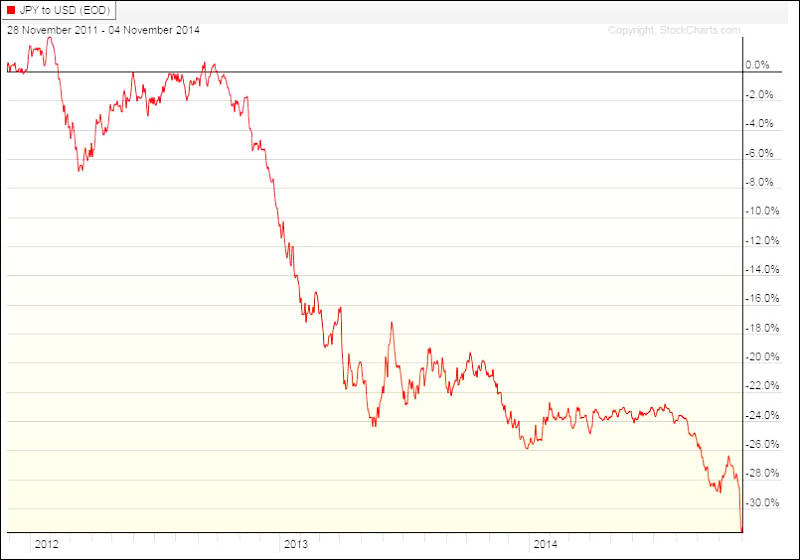
Things are not pretty for ordinary citizen but not bad for camera companies.

 rose9.jpg800 x 560 - 49K
rose9.jpg800 x 560 - 49K -
Krugman's views are retarded. Western Universities have been a font of Keynesian and neo-Keynesian indoctrination for decades now. Whatever that idiot says, the debt does matter.
Japan is going down the plughole. They have a shrinking workforce, a shrinking tax-base, a rising elderly population that are net-spenders of Government revenue and a ridiculously high Government debt:GDP ratio. On top of that, they are governed by psychopaths intent on inflicting a 2%-at-any-cost-inflation strategy where the costs that inflicts are rising costs for their citizens on top of all those taxes he's now paying. The export benefits of yen devaluation are not materialising because their large manufacturers have relocated production to cheaper countries already.
-
I mean you're dismissing a Nobel Prize winner and decades of established and accepted theory.
Well, you can find many reasons in blog posts, it'll be very long explanation otherwise.
Actually NO really working theories exist in mainstream, all of them just ignore small, almost non important thing, that we live in the exponentially rising energy and resources time (and exponentially rising population due to this). Well, shit, if something become better because of energy and resources - economic theory has nothing to do with it. It is same thing as many tribes still believe that shaman can bring wind and rain. As you can check, this scammers survived for thousands of years. Why modern analogs can't do the same? OF course I hope that all of them end soon on the tree with the rope on their necks, but...
-
Okay I think we deserve at least one example of what you're talking about for alternative remedies. I mean you're dismissing a Nobel Prize winner and decades of established and accepted theory. Personally, I am very curious and don't ask merely to tell you that you're wrong, I am always looking for ideas out of the mainstream, but always end up back at Keynes or Hayek or some such familiar place.
-
How else do you prime a pump? Austerity has not worked. Should we try magic?
They can try to read some books outside mainstream monetary economics. :-) Issues are fundamental, nor related to printing money or not printing money. Whole idiotism of regulating economics using money printing and credit parameters is obvious to anyone with few last working gray cells.
-
How else do you prime a pump? Austerity has not worked. Should we try magic?
-
Well, Krugman lies. In fact idea to spend just more and more and something will change is main guide idea. It is like two drug addicts who opened all water in the house and discuss how it will be better to save it - keep open only half of valves or all of them.
-
Others have more moderate opinions on Japan. http://www.nytimes.com/2014/10/31/opinion/paul-krugman-apologizing-to-japan.html?partner=rssnyt&emc=rss&_r=0
EXCERPT: The point, however, is that the West has, in fact, fallen into a slump similar to Japan’s — but worse. And that wasn’t supposed to happen. In the 1990s, we assumed that if the United States or Western Europe found themselves facing anything like Japan’s problems, we would respond much more effectively than the Japanese had. But we didn’t, even though we had Japan’s experience to guide us. On the contrary, Western policies since 2008 have been so inadequate if not actively counterproductive that Japan’s failings seem minor in comparison. And Western workers have experienced a level of suffering that Japan has managed to avoid.
What policy failures am I talking about? Start with government spending. Everyone knows that in the early 1990s Japan tried to boost its economy with a surge in public investment; it’s less well-known that public investment fell rapidly after 1996 even as the government raised taxes, undermining progress toward recovery. This was a big mistake, but it pales by comparison with Europe’s hugely destructive austerity policies, or the collapse in infrastructure spending in the United States after 2010. Japanese fiscal policy didn’t do enough to help growth; Western fiscal policy actively destroyed growth.
Or consider monetary policy. The Bank of Japan, Japan’s equivalent of the Federal Reserve, has received a lot of criticism for reacting too slowly to the slide into deflation, and then for being too eager to raise interest rates at the first hint of recovery. That criticism is fair, but Japan’s central bank never did anything as wrongheaded as the European Central Bank’s decision to raise rates in 2011, helping to send Europe back into recession
-
According to Highlights of the Budget for FY2013/2014, the initial 2013 budget was 92 trillion yen, while the actual 2013 spending came in 10 trillion yen higher, at 102 trillion yen.
REVENUES: 92.6 trillion yen
Tax revenues: 43.0 TY
Other revenues: 4.0 TY
Government Bond Issues (borrowing): 42.8 TYEXPENDITURES: 92.6 TY
National Debt Service (interest & bond redemptions): 22.2 TY
Social Security: 29.1 TY
Other: 41.2 TYDebt service and Social Security are 120% of tax revenues. In other words, tax revenues don't even cover debt service and Social Security.
An astonishing 46% of the governments budget is borrowed money. Even with near-zero yields on Japanese government bonds (about 1%), 51% of tax revenues in 2013 were spent on national debt service.
In the decade since 2005, tax revenues actually declined slightly while annual borrowing increased by 8 trillion yen and expenditures rose by 10 TY. Virtually all of this increased spending comes from higher Social Security costs, which rose from 20 TY to 30 TY as the demographics of Japan's aging population inexorably pushes retirement and healthcare costs up.
http://charleshughsmith.blogspot.ru/2014/11/anatomy-of-failing-state-japans.html
-
Japan's massive Government Pension Investment Fund (GPIF) is working on plans to raise the amount of its assets invested in domestic stocks to about 25%, the Nikkei reported Saturday. Current investment guidelines for the GPIF -- said to be the world's largest public pension fund -- call for an allocation of 6%-18% for Japanese stocks, with the weighting at 17% as of the end of June, the report said. "The new standard will likely be about 25%, putting the upper limit at around 30%," while the allocation for government bonds will fall to around 40% from 60% currently.
-
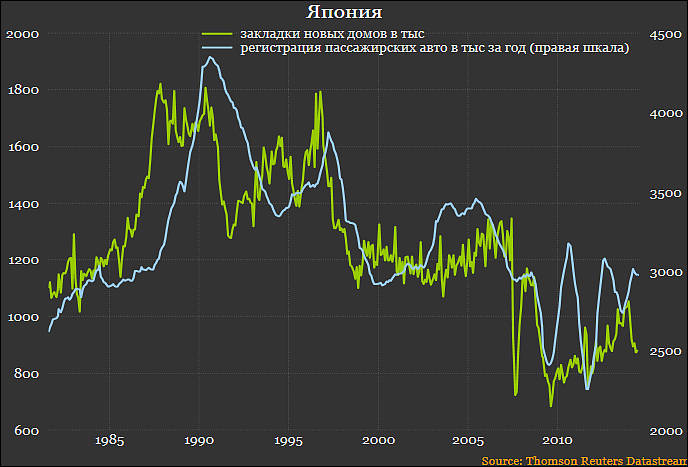
Cars registrations and new homes chart.
I prefer don't eat food from Japan. They are dangerous. After a few years, ills related nuclear will be showed.
Mass media can do amazing things to minds.

 bird3.jpg688 x 467 - 55K
bird3.jpg688 x 467 - 55K -
I prefer don't eat food from Japan. They are dangerous. After a few years, ills related nuclear will be showed.
-
One of Japan's problems lie within the age disparity, and the differences that rise in political ideology between competing generations.
-
Hard to upset you but Fukushima have nothing to do with it.
actually it does
-
To put it bluntly who would want to bring children into a world of intergenerational mortgages and debt slavery?
All this also have little to do with situation, this are just consequences.
-
Abenomics and bad demographics - but I think the bad demographics were driven by adverse incentives resulting from zombie banks, QE and ZIRP. To put it bluntly who would want to bring children into a world of intergenerational mortgages and debt slavery?
-
Japan is done - fukushima killed it
Hard to upset you but Fukushima have nothing to do with it.
-
Japan is done - fukushima killed it
-
Japanese GDP Plunges 6.8%
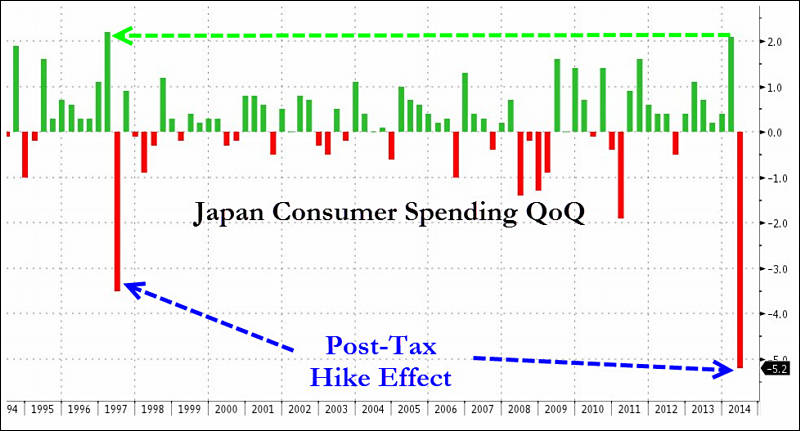
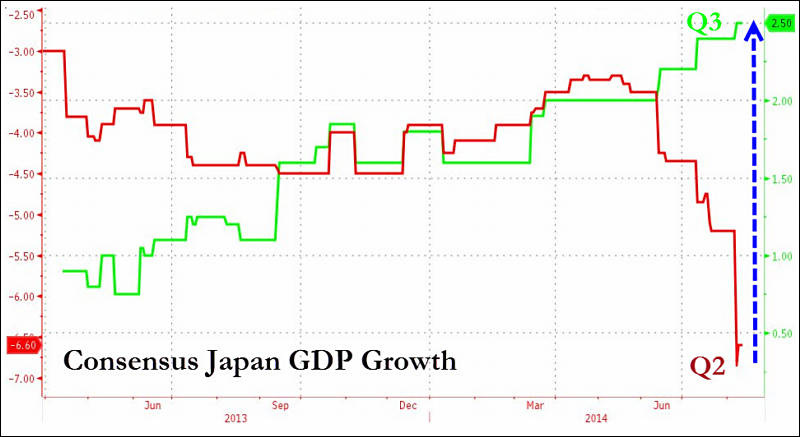

 fish22.jpg800 x 431 - 60K
fish22.jpg800 x 431 - 60K
 fish23.jpg800 x 437 - 48K
fish23.jpg800 x 437 - 48K -
Energy costs are 9.1% higher YoY, TVs +8.0%, and Food +4.1%
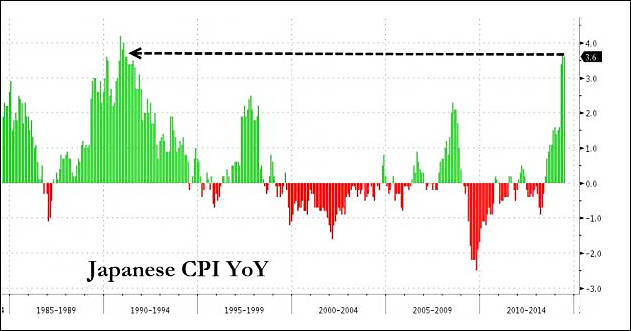
Life is good.

 gh4_16.jpg631 x 331 - 35K
gh4_16.jpg631 x 331 - 35K
Howdy, Stranger!
It looks like you're new here. If you want to get involved, click one of these buttons!
Categories
- Topics List23,991
- Blog5,725
- General and News1,354
- Hacks and Patches1,153
- ↳ Top Settings33
- ↳ Beginners256
- ↳ Archives402
- ↳ Hacks News and Development56
- Cameras2,367
- ↳ Panasonic995
- ↳ Canon118
- ↳ Sony156
- ↳ Nikon96
- ↳ Pentax and Samsung70
- ↳ Olympus and Fujifilm101
- ↳ Compacts and Camcorders300
- ↳ Smartphones for video97
- ↳ Pro Video Cameras191
- ↳ BlackMagic and other raw cameras116
- Skill1,960
- ↳ Business and distribution66
- ↳ Preparation, scripts and legal38
- ↳ Art149
- ↳ Import, Convert, Exporting291
- ↳ Editors191
- ↳ Effects and stunts115
- ↳ Color grading197
- ↳ Sound and Music280
- ↳ Lighting96
- ↳ Software and storage tips266
- Gear5,420
- ↳ Filters, Adapters, Matte boxes344
- ↳ Lenses1,582
- ↳ Follow focus and gears93
- ↳ Sound499
- ↳ Lighting gear314
- ↳ Camera movement230
- ↳ Gimbals and copters302
- ↳ Rigs and related stuff273
- ↳ Power solutions83
- ↳ Monitors and viewfinders340
- ↳ Tripods and fluid heads139
- ↳ Storage286
- ↳ Computers and studio gear560
- ↳ VR and 3D248
- Showcase1,859
- Marketplace2,834
- Offtopic1,319


